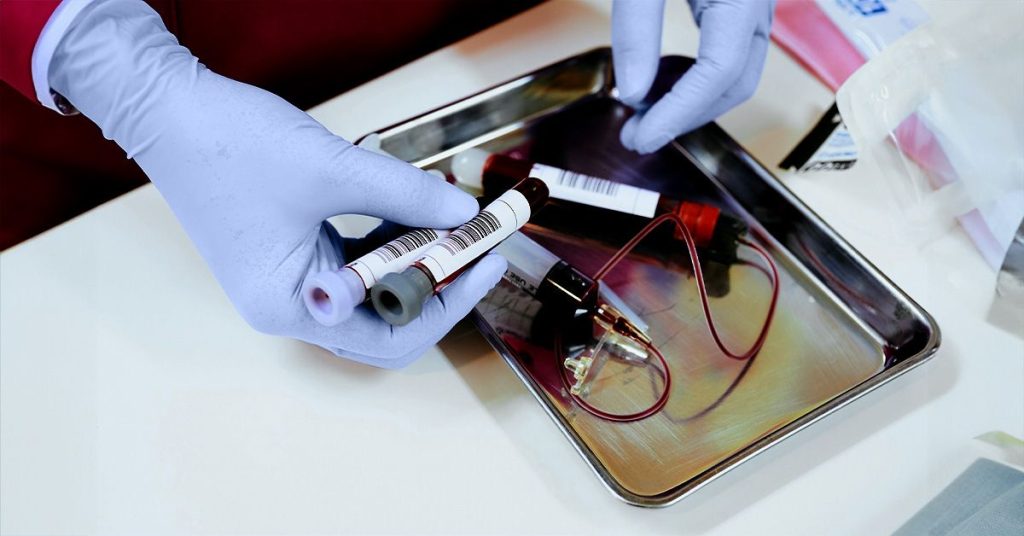Two new studies from Oxford Population Health at the University of Oxford in the United Kingdom have delved into the associations between thousands of blood plasma proteins and a variety of cancers. The first study, published in Nature Communications, identified 371 plasma protein markers of cancer risk, with 107 associated with cancers not diagnosed until years later. The second study, also published in Nature Communications, observed relationships between 40 plasma proteins and common cancers, with hopes of advancing early detection and treatment measures.
Utilizing data from the U.K. Biobank, the studies examined associations between plasma proteins and various cancers in over half a million adults aged 39 to 73. Proteomics, the study of proteins in the body, was utilized to identify these associations. Proteins play a vital role in the body and can be found in various bodily tissues, with each individual carrying at least 10,000 different proteins. The research is a stepping stone in understanding the intricate relationship between plasma proteins and cancer development.
The studies identified potential links between plasma proteins and increased risks of various cancers, including liver, digestive and gastrointestinal tract, non-Hodgkin lymphoma, as well as lung, kidney, brain, and blood cancers. Additionally, the research noted associations with triple-negative breast cancer, bladder cancer, lung cancer, and pancreatic cancer. By gaining a deeper understanding of these associations, the studies hope to pave the way for more effective strategies in detecting and treating cancers early in their progression.
Although this research provides valuable insights into the connections between plasma proteins and cancer risk, it is crucial to distinguish associations from causation. Further studies are necessary to determine the healthy levels of specific proteins that may indicate an elevated risk of cancer. However, disrupting protein levels or functions can have adverse effects on the body as proteins play essential roles in numerous bodily processes. Understanding the potential hazards or side effects of targeting specific proteins is essential in developing effective and safe treatment strategies.
While the research represents a significant advancement in the field of cancer detection and treatment, more extensive studies involving individuals of all ages are necessary to broaden the scope of understanding. As proteins are an integral part of the body’s essential processes, altering their levels or functions can have unintended consequences. Nonetheless, the newfound knowledge derived from these studies using genetic methods can aid in predicting potential hazards or side effects of targeting novel proteins, enabling the prioritization of targets for further research and development of treatment modalities.
The studies serve as the first step in comprehending the intricate relationship between plasma proteins and cancer development. Identifying specific plasma protein levels that may signify cancer risk is a complex undertaking that requires further investigation. By conducting comprehensive research and prioritizing targets for intervention, scientists hope to enhance early cancer detection and treatment methodologies, potentially preventing the onset of cancer at all. The crucial insights gained from these studies offer a promising outlook for the development of innovative approaches in cancer diagnosis and management.


